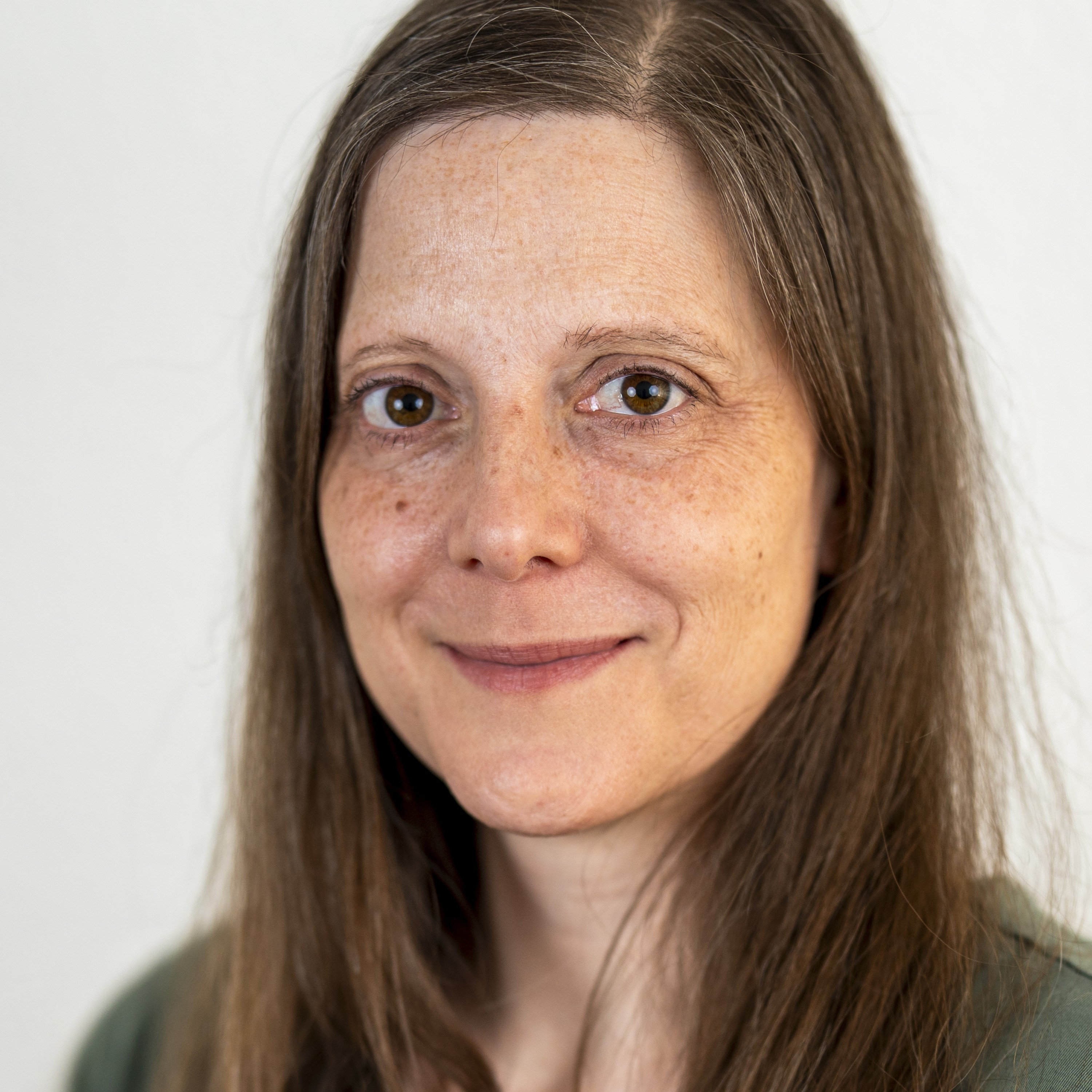Teamwork on Digital Transformation Challenges I & II
In this module, students work in interdisciplinary teams to tackle a real-world challenge related to digitalization. Challenges are introduced by members of the Digital Society Initiative (DSI). The challenges run over two semesters, with a 3 ECTS module in fall semester and a follow up module of 6 ECTS module in the spring semester.
The module is open to Master’s students from all disciplines through the School of Transdisciplinary Studies (STS). It is a compulsory module of the DSI Minor/LAO Digital Skills program. Read more about the program here: DSI Minor/LAO Digital Skills
Description
In the Fall semester, students form interdisciplinary teams to innovate a concept addressing a challenge. They then engage with experts from different fields, receiving guidance on digital methods and key ethical, legal, and social considerations. In the Spring semester, students implement their projects with guidance from of their supervisor, a DSI researcher. Throughout the process, the teams draw on their disciplinary expertise, incorporating the newly gained digital skills and interdisciplinary insights. They also develop key soft skills such as teamwork, communication, and project management.
Students meet weekly on Mondays for mandatory sessions called Minor Mondays, designed to keep projects on track and encourage connection, collaboration, and teamwork.
Semester Highlights
- The Metadisciplinary Mashup on September 15, 2025 – An Arts Research Workshop developed by Jonathon Keats and moderated by Titus Neupert, the responsible professor of the module.
- Challenge presentations by the supervisors on September 15 – 29, 2025.
- Workshop with Ursina Wälchli on October 16, 2025. This workshop focuses on team building, project management, design thinking, and defining team roles.
- Expert Lunch on November 3, 2025. Each Fall semester, student teams, DSI experts, and outreach partners meet for an exchange to gather feedback and insights from a wide range of perspectives with the aim to strengthen and refine the project concepts.
- End-of-Semester Celebration on December 1, 2025, in a World Café Setting. At the end of the Fall semester, the project concepts are presented and celebrated together with the students from the Scientific Overview (Link) module and the entire Community of Practice (CoP).
- End-of-Semester Celebration on May 18, 2026, with a Poster Session. At the end the Spring semester, the final project are presented and celebrated together with the students from the Artistic Reflection (Link) module and the entire Community of Practice (CoP).
All events take place on Mondays. Semester-specific information can be found in the course catalogue VVZ and on OLAT.
AI Media Discourses in Switzerland
Supervisor: Teodora Vukovic
Topic: How is artificial intelligence discussed in Swiss media?
Relevant skills: Familiarity with tools such as SwissDox or the LiRI Corpus Platform (can be learned), background in media/discourse analysis or communication science, basic digital and programming skills, interest and curiosity in ethical, societal, or labor-related aspects of AI.
Mortality Across Time
Supervisor: Kaspar Staub
Topic: New ways of interactively visualize differences in causes of death and mortality across time and four different countries (Finland, Spain, Italy, Switzerland).
Relevant skills: Coding skills in R or similar to build up an interactive data visualization tool.
Digital Women's Health
Supervisor: Marcia Nissen
Topic: Designing and evaluating a holistic digital lifestyle intervention to prevent and manage gestational diabetes mellitus (GDM) in vulnerable populations.
Relevant skills: Interest or background in digital health, public health, or women's health; willingness to learn and use a low-code platform to prototype a chatbot-based digital health app (combining scripted logic with GenAI-powered content personalization); knowledge of human-centered design; motivation to conduct literature review, market research, and user research; motivation to think intersectionally and apply equity-by-design principles.
Mental Health Support Through AI Buddy
Supervisor: Antoine Logean
Topic: Developing practical AI applications that can detect, support, and improve student wellbeing.
Relevant skills: Background in psychology, understanding of ethics and privacy, familiarity with university mental health services, skills in systematic literature review and risk assessment, knowledge of UX design, experience with LLM programming and data analysis.
Norms in Language-Based Human-AI Interaction
Supervisor: Markus Christen
Topic: Exploring normative expectations in language-based human-AI interaction (chatbots/GenAI) and designing an empirical study that assesses moderators and/or mediators of the interaction.
Relevant skills: Background in communication; basic knowledge in statistics, (analytical) philosophy, how chatbots work, and/or experience in experiment design.
From Lab to Land: Putting Precision Farming into Practice
Supervisor: Chiara De Luca
Topic: Bridging the gap between academic research and farmers' real-world needs through improved communication and collaboration.
Relevant skills: Interview and survey design, cross-context data analysis, participatory and user-centered design, interdisciplinary teamwork, and effective research communication.
Simulation training in challenging conversation situations for the canton of Zurich
The Sustainable Laptop Journey (2024-2025)
Challenge Supervisor: Mario Angst, DSI Community Sustainability
This project tasked students with designing a sustainability-focused intervention for digital device use. They created a platform to help university students choose laptops suited to their needs, reducing unsuitable purchases and electronic waste, and encouraging longer device lifespans for greater environmental impact.
Read more about it on the Laptop Hub website or on the poster (PDF, 1 MB).
CyMe – Digital Female Health: A Life Course Approach (2024-2025)
Challenge Co-Supervisor: Marcia Nissen, DSI Community Health
Challenge Co-Supervisor: Tobias Kowatsch, DSI Community Health
In this project, students addressed the women’s health gap by developing strategies to integrate female-specific data into clinical research and digital health technologies. Their work focused on improving understanding and management of women’s health throughout life, aiming to advance sex- and gender-specific digital health solutions for better health outcomes and equity.
Student Testimony: Digital Skills in Action – Our Digital Transformation Challenge Experience
As part of the Digital Skills Master Minor at DSI UZH, we had the chance to dive into a real-world challenge — CyMe [si:][mi:] — supervised by and in collaboration with Dr. Marcia Nissen from the Centre for Digital Health Interventions (CDHI), a joint research initiative of UZH, ETH, and University of St. Gallen. This unique project wasn’t just about finding solutions, but about learning how to work effectively in interdisciplinary and intercultural teams (Gian - MA Major Business & Economics, Chenxi - MA Major Computer Linguistics, Larissa - MA Major Sociology).
What made the experience truly impactful?
- Rotating leadership taught us to share ownership and responsibility
- Communication check-ins helped us stay aligned and avoid delays
- Articulating assumptions early smoothed out our coordination
- Respecting individual working styles strengthened our team spirit
We didn’t just walk away with results — we gained invaluable skills for the workplace: collaboration, adaptability, and navigating complexity across disciplines and backgrounds. The learning curve was steep, and that’s what made it so rewarding.
Thanks to DSI and all the involved researchers for enabling this journey.
Virtuous Reality: The Search for Meaning in Virtual Space (2023-24)
Challenge Supervisor: Fabian Winiger, University Research Priority Program «Digital Religion(s)»
While traditional churches see declining attendance, new spiritual practices are flourishing in virtual spaces, where centuries-old traditions of meaning-making are reinvented and lived out creatively. Using VR (Meta Quest 2), the students examined this trend through theology, social anthropology, and media studies.
Students and their challenge supervisor Fabian Winiger reported on their teamwork challenge that focused on the search for meaning in virtual spaces in a video essay.
Read more about the project and watch the video on the URPP Digital Religion(s) Blog.
Artificial Digital Imaginations and the Human Body (2023-24)
Challenge Supervisor: Prof. Dr. Janna Hastings, DSI Community Ethics
Challenge Co-Supervisor: Prof. Dr. Soeren Lienkamp, DSI Community Health
Anatomical knowledge and visual understanding are of central importance in medicine and health. In this project, students explored the abilities of AI systems to understand human anatomy through the lens of AI image generation tools. The teamwork challenge resulted in a publication and a follow-up DIZH-funded project.
Learn more about the results:
Module Team

Prof. Dr. Titus Neupert is co-director and member of the board of the Digital Society Initiative (DSI) and Professor of Condensed Matter Theory at the Faculty of Science of the University of Zurich. He is responsible of the module Teamwork on Digital Transformation Challenges.

Ursina Wälchli is fascinated by human behavior and systemic dynamics. In her coaching business she supports people to choose career path, build resilience, live based on values and set boundaries. In the Teamwork Module, she leads a workshop offering guidance on team building, project management, and how to navigate potential conflicts or process-related challenges.

Ursula Brack is a member of the managing office of the DSI, focusing on the Concept Development of the Minor/LAO Digital Skills.